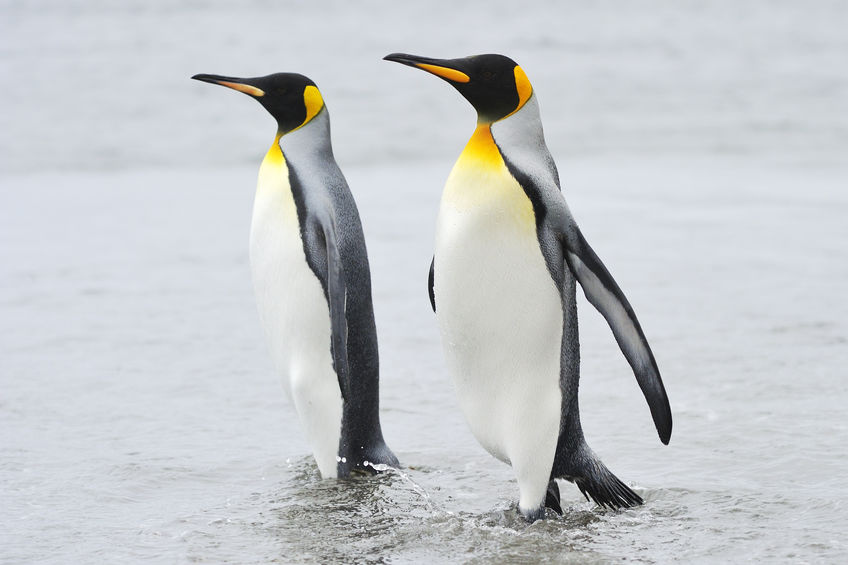To many, the thought of any intrusion by man into the natural world is bad. But it appears that if you ask a penguin, she may beg to differ.
According to researchers from the University of Houston, the increase in human traffic to the Antarctic has not perturbed the black and white tuxedoed birds hardly a wit.
By analyzing penguin guano for stress hormones like corticosterone – hormones that tend to shoot up when animals are upset by nearby human activity – the scientists found that there was really no difference in the stress level of penguins who happen to encounter a human, and those that don’t.
As reported in the Economist:
“[The scientists”] visited the Antarctic peninsula during the tourism seasons of 2017-18 and 2018-19. Once there they collected 108 guano samples from 19 gentoo penguin colonies and returned them to the laboratory for analysis. A few of the sites sampled (like Bryde Island and Moot Point) are hard to get to and never see tourists. Others see between 5,000 and 15,000 visitors a season. One (Neko Harbour) sees more than 20,000.
As the researchers expected, all the samples contained corticosterone and its associated metabolites. Contrary to their expectations, however, there were no significant differences between samples from different sites, regardless of the number of visitors those sites played host to. It seems, then, either that penguins do not worry about human visitors in the first place, or that they quickly get used to them, which is good news all round.”
